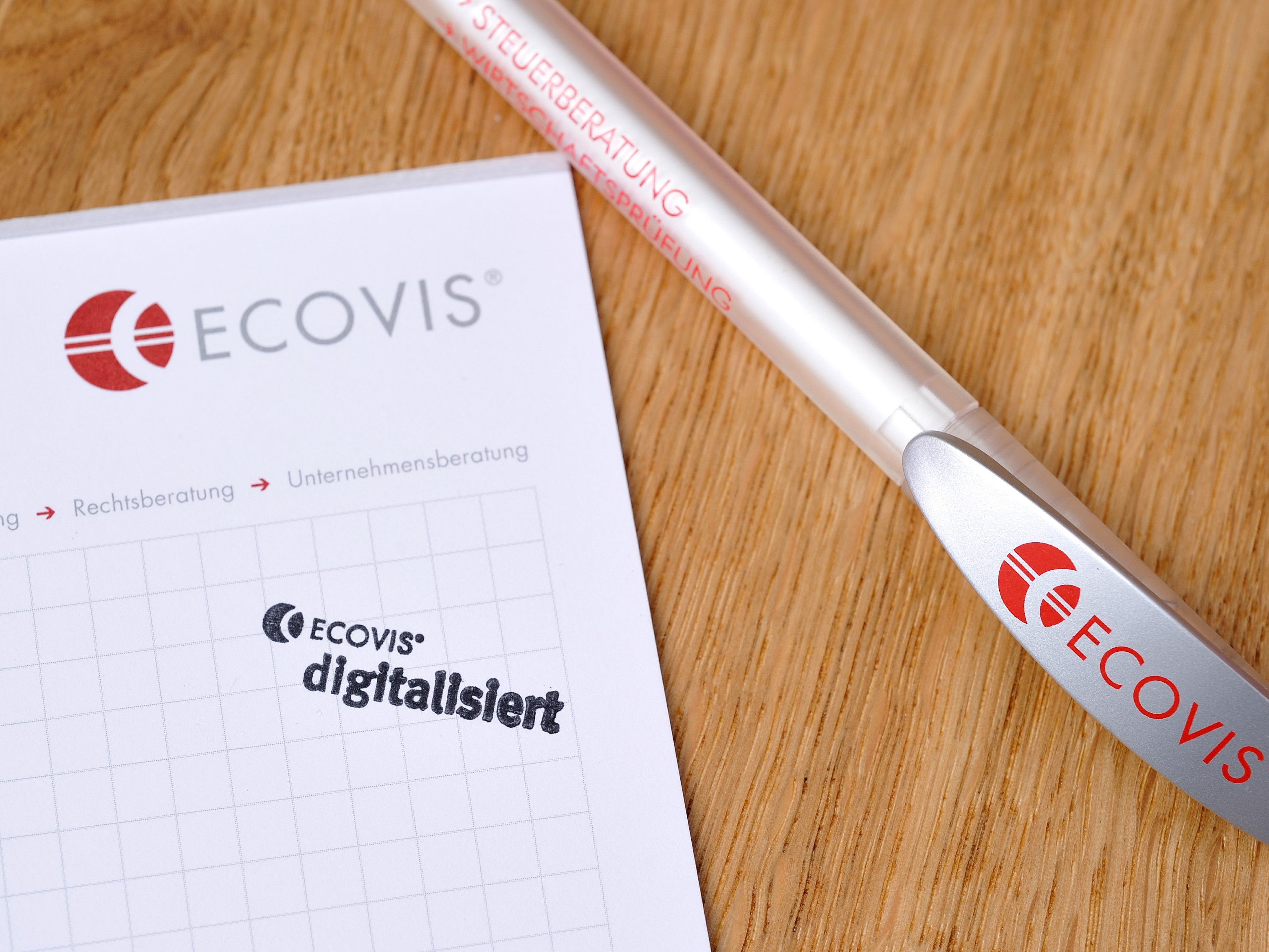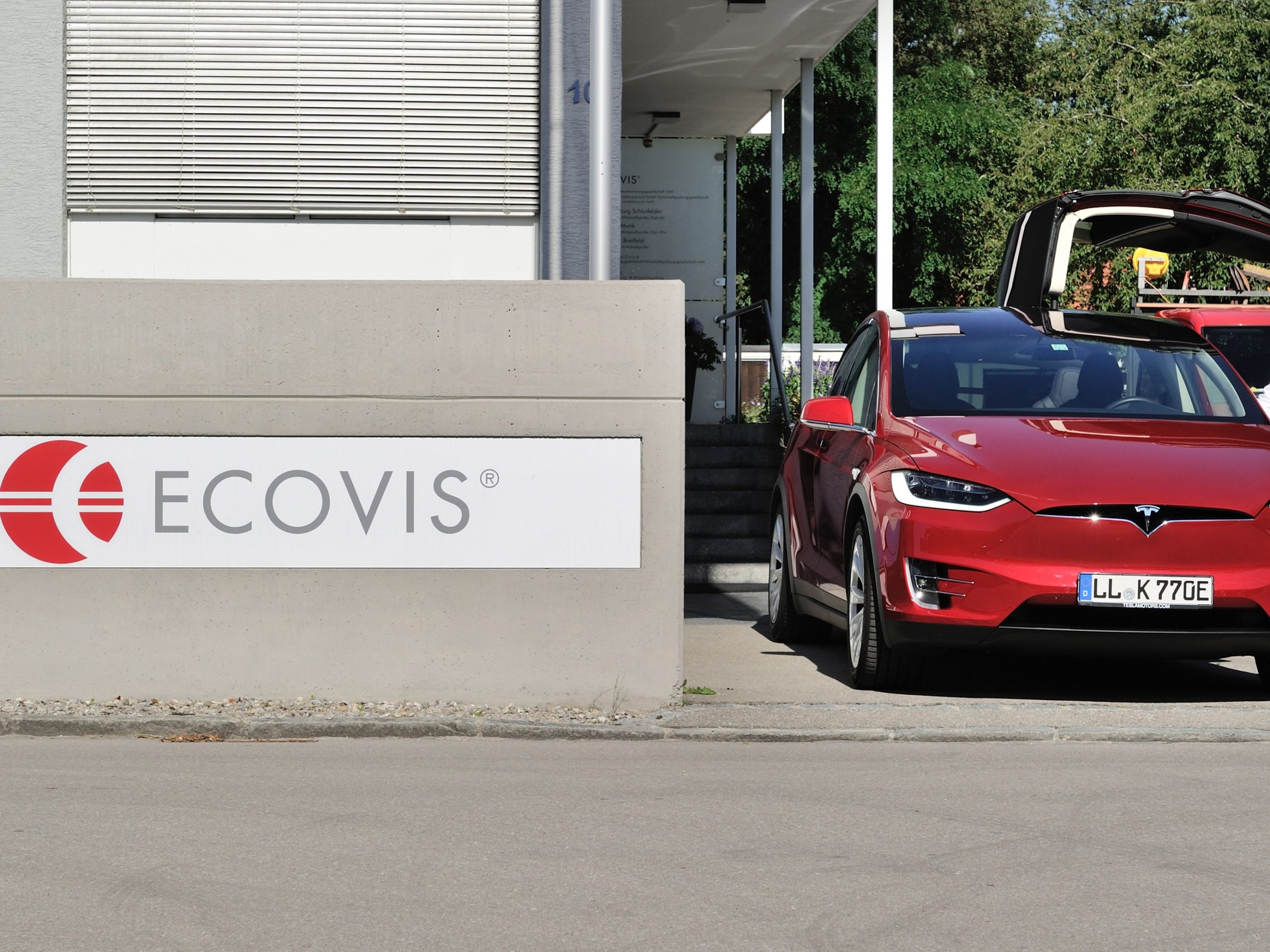Blackbox AI: Lack of knowledge more of a concern than data protection
A recent study by the global partner law firms of ECOVIS International shows that Artificial Intelligence (AI) is still remarkably underutilised in companies – despite clear benefits such as efficiency, cost savings and higher productivity. Why is this? Perhaps it is due to restrictive legislation or fears of personal data misuse?
Patchwork AI legislation worldwide: opportunity or risk?
42 law firms from 36 countries took part in the ECOVIS International survey (see below for details). At the time of the survey in May 2025, countries with no legal regulations were still in the lead with 40.5 per cent, while the majority (69 per cent) were party to international agreements.
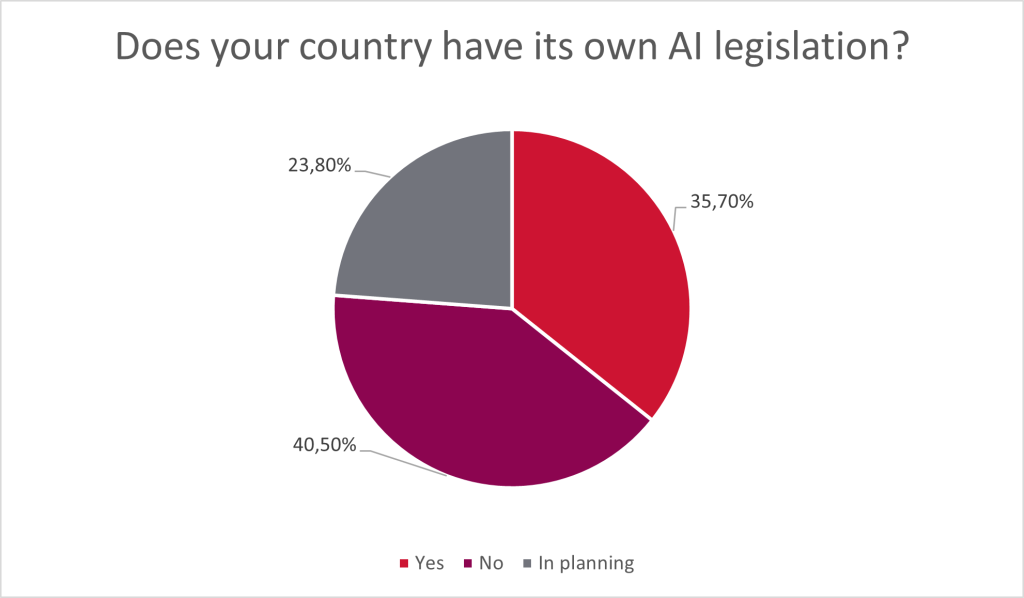
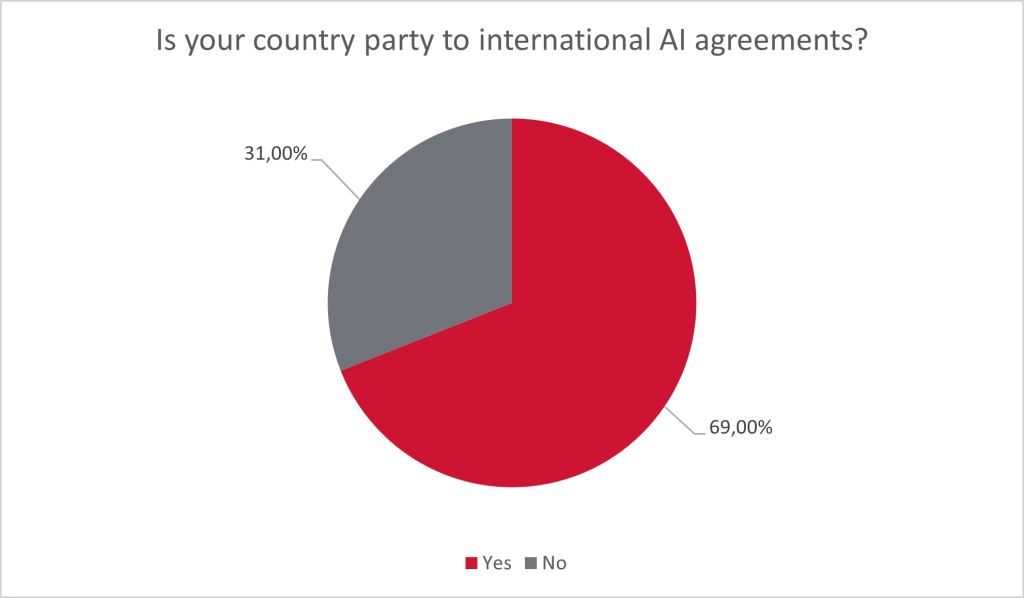
Source: Ecovis
What is striking here is that uniform legislation is only ensured within the EU with the EU AI Act. It is supplemented in some cases by national regulations that have an impact on the use of AI. There are no cross-border regulations in the Americas, APAC and MEA regions. However, many countries, including Argentina, Brazil, China, Japan, Israel and Mauritius, are part of AI regulations of international organisations such as the OECD and the UN, or are planning their own laws.
National legislation is primarily aimed at protecting against various risks. According to the partner law firms surveyed, these include the protection of fundamental and human rights, the maintenance of public safety and the protection of critical infrastructure, in particular in the healthcare sector.
When it comes to data protection, the EU is playing a pioneering role with its General Data Protection Regulation (GDPR), supplemented by national laws in some member states. Countries such as Brazil, Vietnam, Japan, China, Israel and South Africa also have specific regulations in place. In many countries, however, clear regulations are still lacking or are only just being developed.
Only a few countries have specific laws governing AI violations. These include Japan, China, Spain and the United Kingdom. In all other countries, violations fall under general legislation such as consumer protection, civil law or the GDPR.
“The regional differences are interesting here. Europe, for example, is increasingly aware of the risks and tends to favour stricter regulations. The USA, on the other hand, currently wants to regulate less and thus secure its chance to play a pioneering role in AI,” says Alexander Weigert, Vice President of ECOVIS International.
What exactly does this mean for companies?
It is difficult for international companies to use AI applications across borders. This is because differing legislation on what is permitted in individual countries, as well as restrictions such as data protection, make it difficult for companies to develop a uniform AI strategy or use AI models in the same way in all countries. The exception here is that, thanks to the AI Act, EU Member States have uniform regulations, which makes work easier for international companies – and could be a competitive and locational advantage in the future.
Promoting AI at the expense of personal data protection?
Countries have two main tasks in the development of AI worldwide: funding initiatives and regulatory measures. According to the participating partner law firms, the focus of governments is on promoting innovation while complying with existing laws and regulations.
Among the countries that specifically promote research, development and application of AI in the Americas region, Colombia stands out alongside Brazil: here, the government introduced guidelines in 2019 and 2020 that promote research, the ethical use of AI and an innovation ecosystem. There are also special institutions for financing AI projects. The USA is providing USD 500 billion to build AI infrastructure as part of the Stargate project. In February, Europe launched the InvestAI initiative, which aims to mobilise EUR 2 billion for investment in AI.
In the APAC region, there are specific initiatives in Vietnam, China and Taiwan. Japan is particularly noteworthy: on the one hand, it has a USD 65 billion plan to promote the domestic AI industry, among other things, as well as partnerships with US starts-ups to train Japanese engineers in the development of AI chips. Secondly, the Japanese government has proposed amendments to the data protection act to facilitate the use of personal data in AI development. “This is still only a proposal. The extent to which such measures would also be possible in Europe, for example, is questionable. This is because the relaxation of personal data protection is viewed very critically in some quarters here”, says Richard Hoffmann, solicitor and member of the Management Board of ECOVIS International.
Almost all countries in the EU and the United Kingdom have initiatives to promote AI. Poland, for example, plans to establish a national AI authority, while Portugal already has a national AI agenda aimed at driving technological progress, training specialist workers and expanding the necessary infrastructure. It is also striking that many countries, such as Greece and Latvia, are promoting cooperation between research, industry and the public sector in order to implement innovations in a practical manner. Another key element is financial support, for example through national funding or EU programmes such as Horizon Europe. Italy stands out in this regard, providing targeted funding for small to medium-sized enterprises.
What does that mean in summary?
Even though most of the funding programmes are still in their infancy and results are yet to be seen, the various state funding initiatives show that governments want to harness the potential of AI. Companies should find out how they can meet requirements for funding in their country.
AI potential as a remedy for excessive government bureaucracy?
The sectors with the highest AI potential mentioned in the study are the healthcare sector and government players, as shown in the following chart.
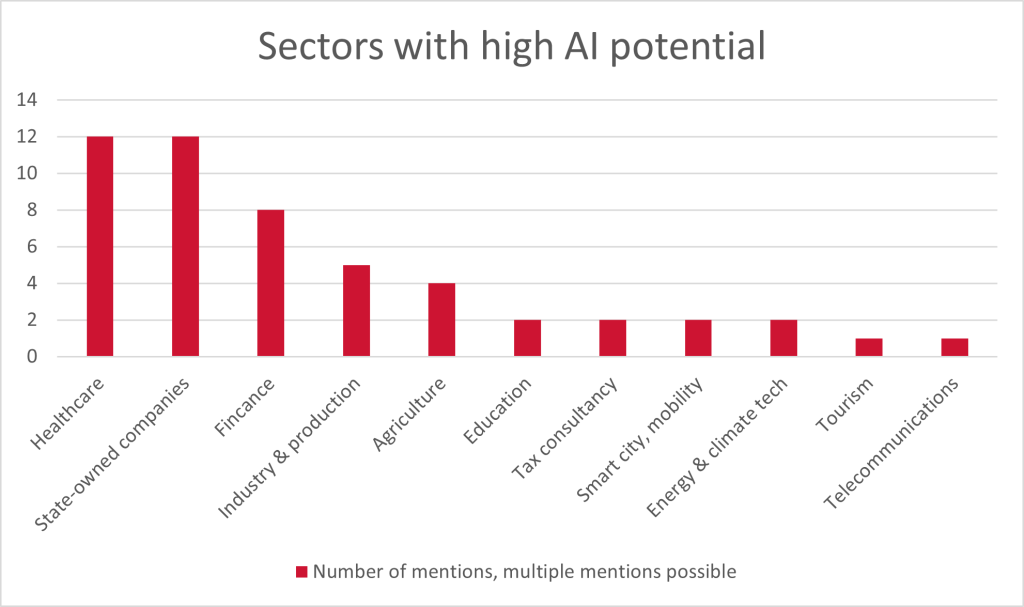
Source: Ecovis
The advantages lie primarily in process automation, increased efficiency, cost reduction and the promotion of innovation and accuracy in work. Many of the 42 participating law firms cite the challenges as legal certainty for companies, personal data protection and strict regulations that prevent innovation.
The responses from study participants show that the potential for improvement lies primarily with government agencies that have high administrative costs. “Agencies and administrations should take advantage of opportunities to streamline their operations and become more efficient”, says Alexander Weigert. “Less overregulation would also please small and medium-sized enterprises, which have to invest too much time in unnecessary bureaucracy. Time that they could use for innovation and productivity.”
Customers from the financial sector are leading the way in AI usage
26 of the partner law firms surveyed stated that their clients are already using AI in the afore-mentioned sectors. Here are a few examples per region:
- In the Americas region, Brazil stands out in particular with customer examples: Ecovis financial analyst Celmo Silva states that his customers use AI in the finance sector, retail and the healthcare industry. In all three sectors, the focus is on products and services tailored to the customer. In industry, the main focus is on quality control and maintenance predictions.
- In the APAC region, in Taiwan, Malaysia and China AI is primarily used in the financial sector. Ecovis partner Pingwen Hu in China provides an example: thanks to AI fraud detection and robot advisors, risk assessment has become 50 per cent faster. Other areas include telecommunications, skilled trades and commerce.
- Within the EU, the financial sector is the most common industry in which Ecovis clients use AI, with five mentions, closely followed by healthcare, retail and the public sector, with four mentions each. Other sectors mentioned include skilled trades, agriculture, legal services and industry. The Portuguese partner Goncalo Areia states, for example, that he has several public companies as clients. Thanks to AI, documents can be exchanged more easily and interaction between citizens and institutions is also made simpler and better. Paris-based lawyer Julien Vaucheret provides a client example from the healthcare sector: costs and time can be saved in preclinical development.
AI usage in companies: lack of knowledge is the problem
The following chart shows the number of responses given by customers as to why they do not yet use AI.
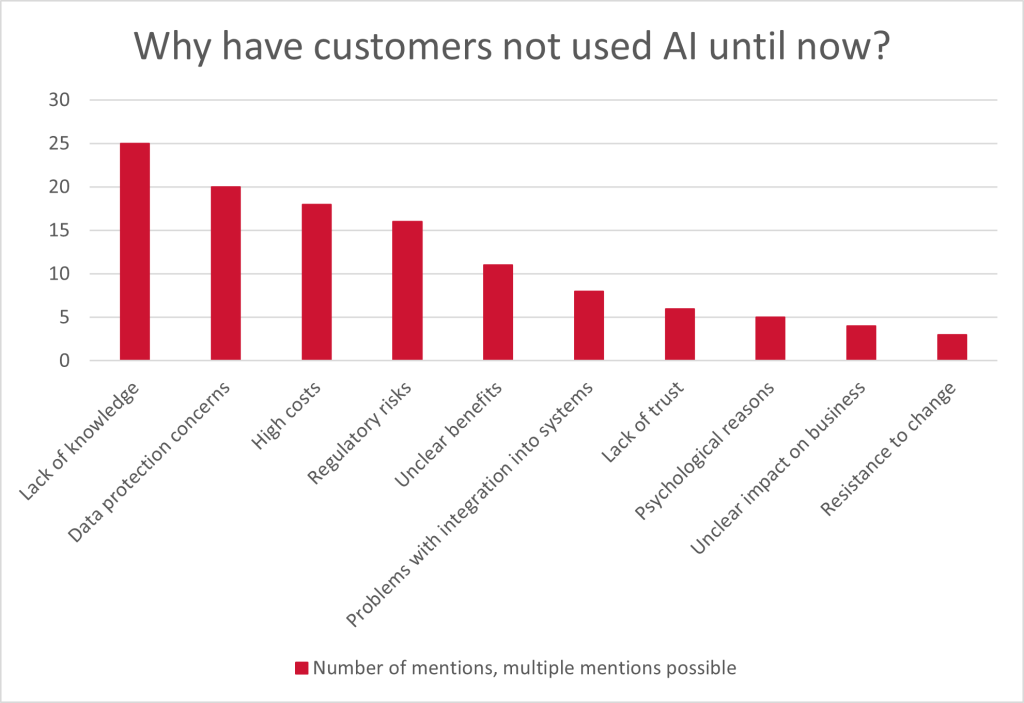
Source: Ecovis
The evaluation shows that technology and data protection also play a role worldwide. However, the biggest obstacles to AI in companies are people: a sometimes massive lack of knowledge about and trust in AI, unclear benefits, psychological reasons such as fear of job losses, and resistance to change.
“This clearly means that anyone who wants to reap the benefits of AI must invest in entrepreneurs and employees,” says Richard Hoffmann. “This can be done, for example, through targeted training in the use of tools and software, with information on data protection rules and, in some cases, discussions to remove uncertainties and break down barriers. Because only those who know for sure what they can and are allowed to do will use AI – especially in sensitive sectors such as healthcare.”
Our assessment: governments must strike a balance
On the one hand, unclear legal requirements; on the other, targeted subsidies – governments worldwide recognise the advantages of AI. However, the question remains: how practical are these innovations in the end if, above all, internationally active companies lack legal clarity regarding their implementation? “In our view, more cooperation between governments worldwide is needed here. After all, overly strict enforcement or very narrowly worded laws can prevent the potential and opportunities offered by AI from being fully exploited. It is important to find a balance and create a framework for companies that minimises overregulation and bureaucracy while allowing sufficient scope for investment,” says Alexander Weigert. “Our global network includes many experts on AI who monitor current developments and can advise companies on issues relating to legislation and funding.” Companies should therefore act quickly and familiarise themselves and their employees with the topic of AI and its possible applications. Richard Hoffmann fears that “people’s fears and potentially excessive inconsistent government regulations could mean that AI will continue to receive little support as a valuable complementary tool in many industries.”
About the study
ECOVIS International is an international consultancy network with locations in over 90 countries. Forty-two partner firms from 36 countries participated in the study. The participants were composed as follows by region: eight from South and North America (Americas), seven from the Asia-Pacific region (APAC), 22 from Europe (including 19 EU countries) and five participants from Africa and the Middle East (MEA). The survey consisted of ten questions, three of which were multiple choice and seven open. The survey was voluntary and open for participation for three weeks in May 2025.
For more information please contact us:
ECOVIS ježek, advokátní kancelář s.r.o.
Betlémské nám. 6
110 00 Prague 1
e-mail: mojmir.jezek@ecovislegal.cz
www.ecovislegal.cz/en
About ECOVIS ježek advokátní kancelář s.r.o.
The Czech law office in Prague ECOVIS ježek practices mainly in the area of Czech commercial law, Czech real estate law, representation at Czech courts, administrative bodies and arbitration courts, as well as Czech finance and banking law, and provides full-fledged advice in all areas, making it a suitable alternative for clients of international law offices. The international dimension of the Czech legal services provided is ensured through past experience and through co-operation with leading legal offices in most European countries, the US, and other jurisdictions. The Czech lawyers of the ECOVIS ježek team have many years of experience from leading international law offices and tax companies, in providing legal advice to multinational corporations, large Czech companies, but also to medium-sized companies and individual clients. For more information, go to www.ecovislegal.cz/en.






